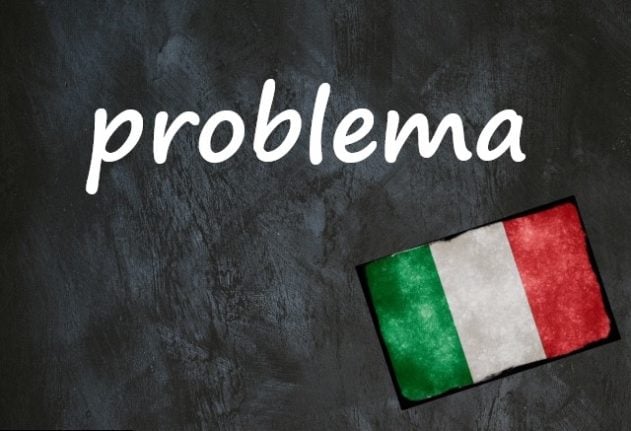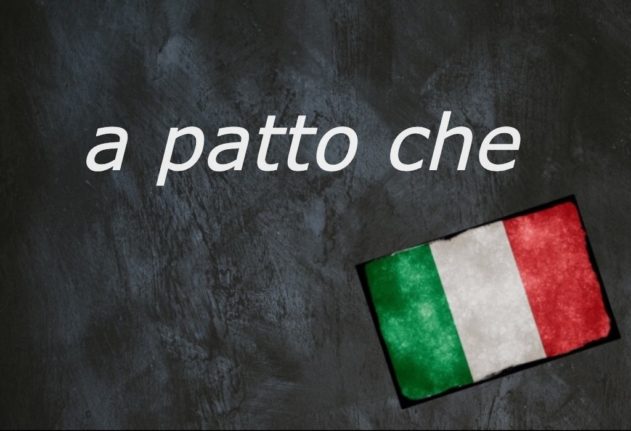It’s true that ‘no problemo’ sounds plausibly like it could be Italian. I hear English-speaking visitors say it all the time, for example to waiters in restaurants.
But il problema is that it doesn’t work.
Before you accuse me of having my Italian grammar muddled up, let’s have a closer look:
Problema is one of a surprisingly long list of Italian nouns that are actually masculine, and which take a masculine article (il/un), despite having a feminine-looking form (ending in a).
This can all get very confusing for English speakers who are having enough problemi (yep, the plural is masculine) already getting to grips with the concept of words having a gender at all.
– Sto avendo dei problemi con questo
– I’m having some problems with this
The thing to remember is that this rule usually applies to nouns that end in ‘-ema’, which tend to be words derived from ancient Greek.
Other words that fit into this category include un dilemma (a dilemma), un sistema (a system), un poema (a poem), un fantasma (a ghost), and il clima (the climate).
So, how do you correctly say ‘no problem’ in Italian…?
– Nessun problema
– No problem
Nessun, or nessuno, is a way of saying ‘none’ and can also be used to mean nobody, no-one, anyone or anybody.
Because double negatives are used in Italian, we can end up with phrases like:
– Non ho nessun problema con nessuno
– I haven’t got a problem with anyone (literally translated, this would sound very ungrammatical to English speakers: ‘I don’t have no problem with nobody’)
More simply, you could also say
– Non c’e problema
– it’s not a problem/that’s fine.
We hope these quick lessons are helping to solve your problems with the Italian language.
Do you have an Italian word you’d like us to feature? If so, please email us with your suggestion.
Make sure you don’t miss any of our Italian words and expressions of the day by downloading our new app (available on Apple and Android) and then selecting the Italian Word of the Day in your Notification options via the User button.



 Please whitelist us to continue reading.
Please whitelist us to continue reading.
Non ho un problema con questa parola! Grazie mille per i tuoi post. Mi piacciano molto!
Leggervi e’ un piacere immenso!